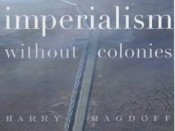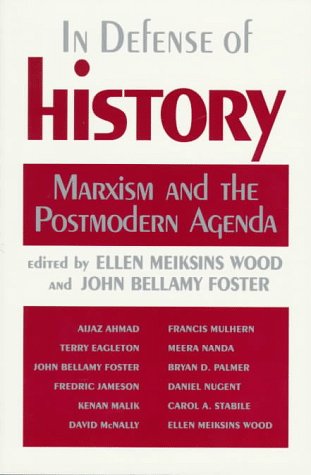“Land, the Color Line and the Quest of the Silver Fleece: An Introduction to W.E.B. Du Bois, The Souls of Black Folk and The Quest of the Silver Fleece (selections),” [PDF] (coauthored with Brett Clark, Clark listed first) Organization and Environment, vol. 16, no. 4 (December 2003), 459-69.
Manning Marable (1999) writes that William Edward Burghardt Du Bois (1868-1963) “was without question the most influential black intellectual in American history” (p. v). Even more, he was a citizen of the world, gaining an international stature rarely achieved (Gates, 1989, p. xii). This year is the centennial of The Souls of Black Folk (Du Bois, 1903/1989), in which Du Bois famously declared, “the problem of the Twentieth Century is the problem of the color line” (p. xxxi). The color line divides people within the countryside, cities, and the globe. People of color are denied the same opportunities, privileges, and rights as Whites. During a life spanning 95 years, Du Bois’s scholarly work and commitment to activism were unsurpassed. He engaged in critical examinations of social and racial relations within the United States, as well as on the global level, always incorporating a rich historical context for situating his studies. Unfortunately, the relationship between human beings and nature, which was such a crucial part of his overall analysis, has received little attention.


